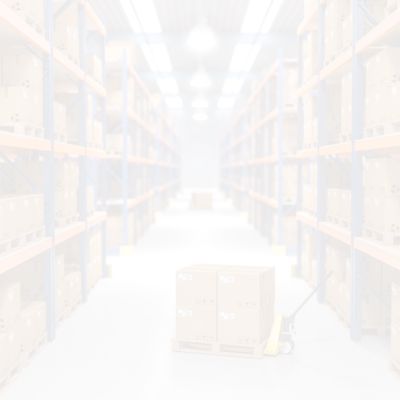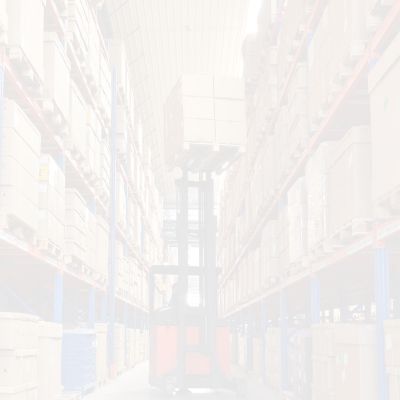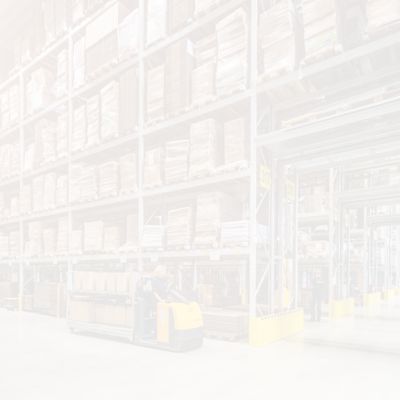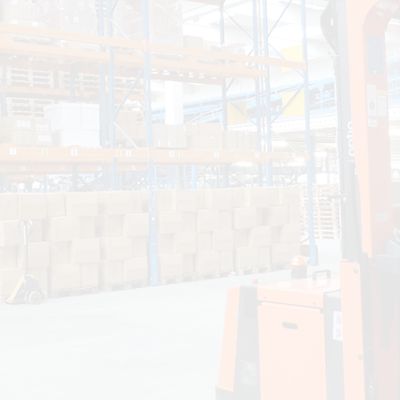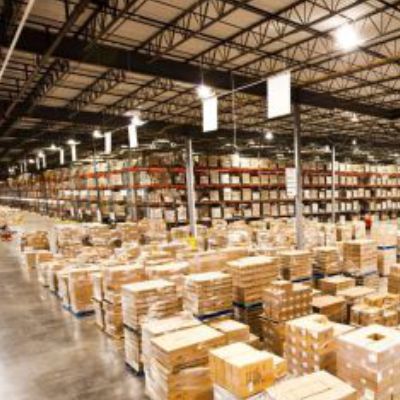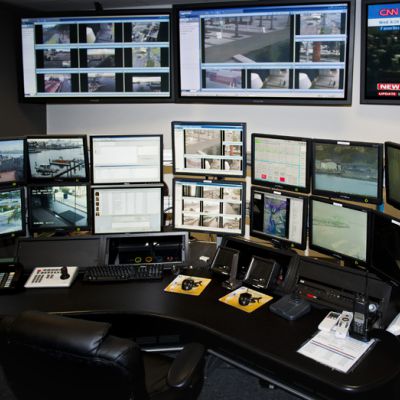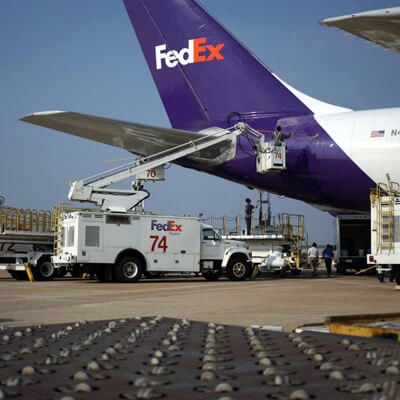Inplant Logistics
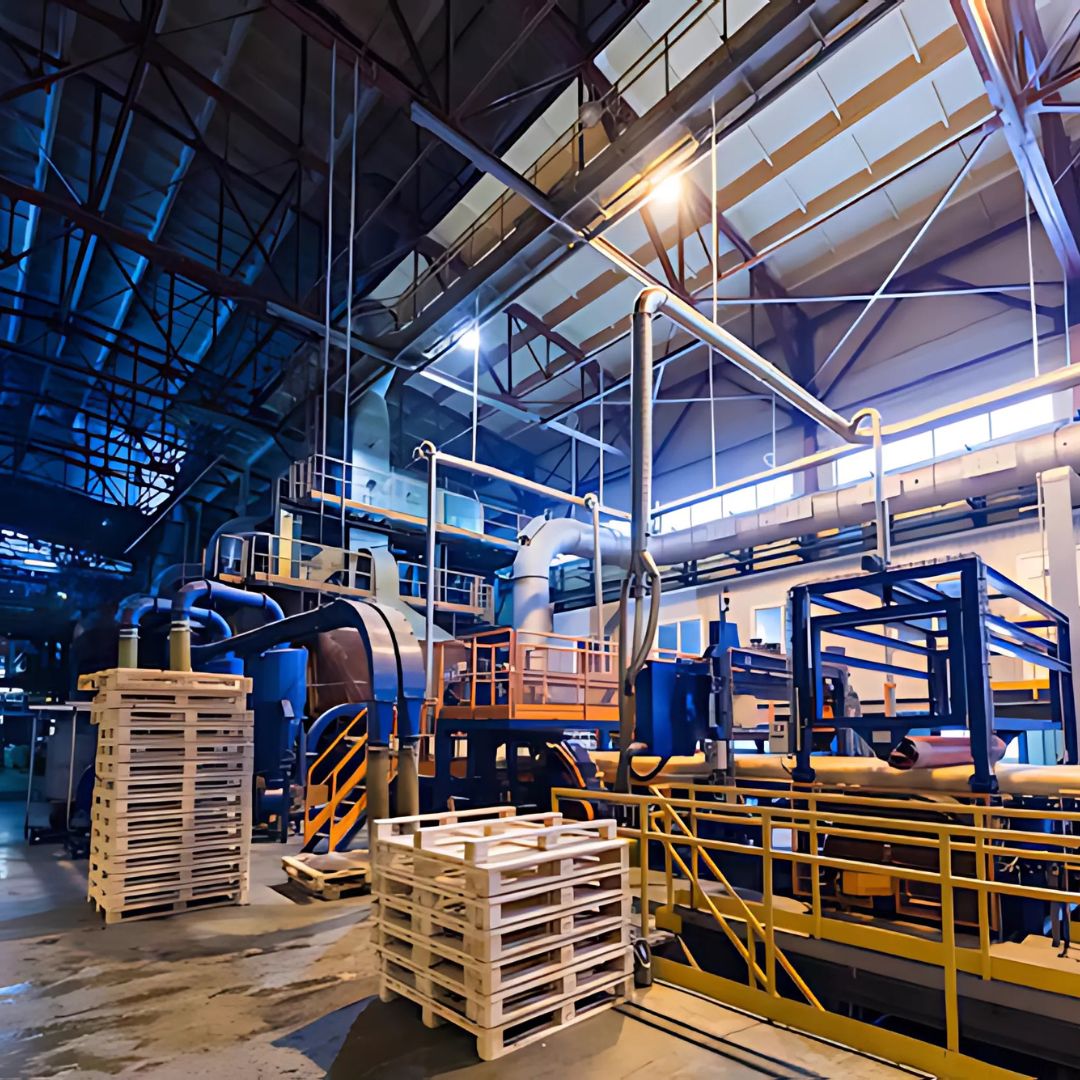
Ash Logistics has always been at the forefront in effectively handling In Plant Logistics Operations so that companies can focus on their core competencies. In Plant logistics involves the organization, management, and coordination of various operations within a plant or manufacturing facility to ensure smooth material flow, resource utilization, and delivery of finished goods.
Advantages of Outsourcing:
- Improved Focus on Core Activities
- Enhanced Efficiency and Expertise
- Faster Implementation of Best Practices
- Risk Mitigation
- Increased Flexibility
- Reduced Complexity
- Cost Savings
Ash Logistics is one of most trusted In Plant logistics Partner for large number of Domestic and Multinational Companies handling End to End activities including:
1. Material Handling and Storage:
- Efficiently managing the movement of raw materials, components, and finished goods within the plant.
- Utilizing automated systems, conveyors, forklifts, or robotics for material transport.
- Optimizing warehouse storage to maximize space and ensure easy retrieval.
3PL is an extension of trucking, warehousing, and distribution. It is the provision of these products under one roof, with the aim of taking over some of the associated functions such as stock keeping and documentation. 3PL services also include basic functions comprising physical activities such as transportation, warehousing, line haul and the rental of material handling equipment. However, the task of providing a full outsource solution comprising different services from one service provider is difficult. It is, therefore, not surprising that opportunities are created for 4PL service providers to assist companies in coordinating all the different 3PL activities, which are provided by different service providers.
4PL SERVICE PROVIDERS
4PLs represent the next stage of development in logistics service providers. Consequently, while the traditional activities of warehousing, inventory management and transportation may be given out to one 3PL, other processes like HRD, security and product development are done by other 3PLs. In effect, the activities done by a set of internal departments are now being carried out by a set of 3PLs. As a result the companies now have to deal with a whole set of 3PLs and each needs to be coordinated with and linked via personnel and IT. The number of transactions and the costs reduced are thus offset to a great extent by the cost and time of transacting with all these 3PLs.
Today more and more business processes are being outsourced. In the West, processes like bill payment, credit tracking, invoice generation, HRD, transport and warehousing are all being outsourced. Outsourcing of these activities may indeed add considerable value to the product, but on the flip side, even in a developed economy like the US, there are no 3PLs that offer every process with equal competence or reach.
The 4PL is an integrator that assembles the capital, technology and resources of its own organization and other organizations to design, build and run supply chains. The typical 4PL would eliminate complexity, share benefits of scale and capital and can drive innovation due to its overall view. In other words, a 4PL manages other 3PLs.
The primary role of the 4PL is the management of complexity and time. Two key distinctions make the concept of 4PL unique and set it apart from other supply chain outsourcing options available in the market today:
- A 4PL delivers a comprehensive supply chain solution.
- A 4PL delivers value through the ability to have an impact on the entire supply chain.
